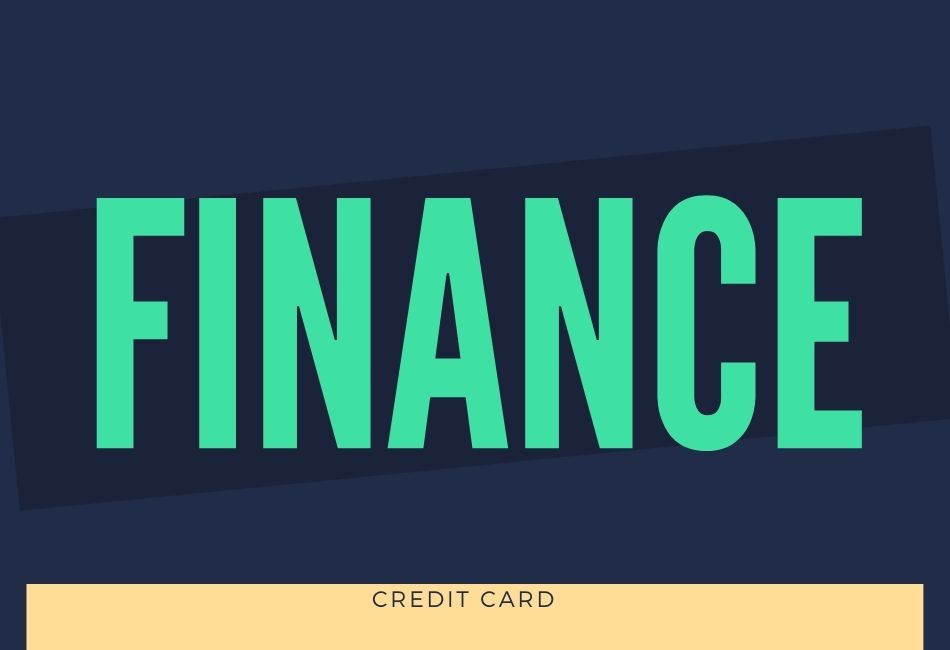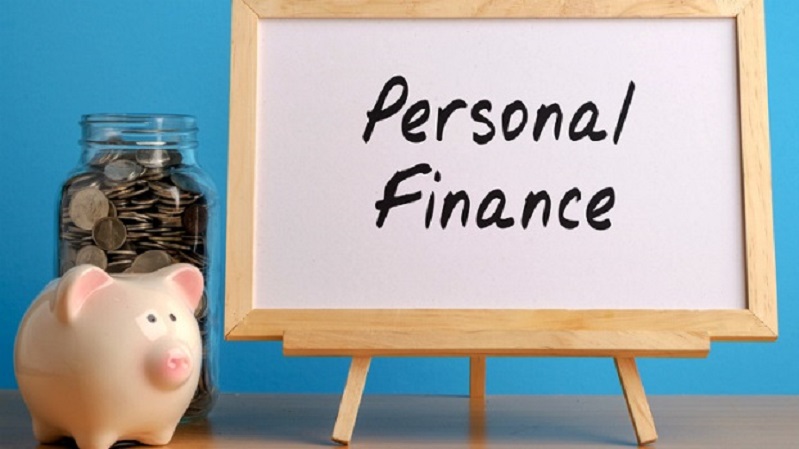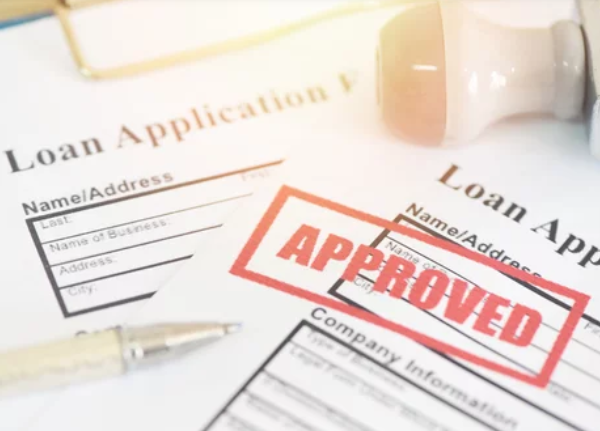“Who has seen tomorrow? live for today.”
This philosophy is as cliché as it gets, not to mention completely useless. People who live by this philosophy will end up in a lot of debt. You see them earning a lot of money yet needing loans.
It doesn’t take a genius to realize that poor financial knowledge and mismanagement of money create such a problem. It is a shame that our school education does not include financial education.
List of Mistakes People Make
This article brings you the small or rather big mistakes people make with their finances. Many small mistakes accumulate to blunder. If you want to live a life without worrying about money, make a note of these points and try to avoid these mistakes.
1. Thinking Money is not Important
We all have heard those philosophical lines.
“Money can’t buy happiness. It can’t make you feel better or give you confidence when you’re sad. You can never replace the affection or love or care you receive from friends and family with money.”
I don’t want to get into philosophy right now, but I can tell you this. Money may not buy happiness, but it gives you stability and a decent life. Having money can prevent lots of problems that make you sad in the first place.
Money is essential if you want to live in a society. It creates chances for you to enjoy a satisfying life and have a sense of freedom. Having a decent amount of money and being financially secure provides you with the flexibility and alternatives to choose how and where you want to spend your time.
You can utilize time in doing the most important things to you, like cooking, art, music, and photography. Having money allows you to take a break when you need it. Money worries might make it difficult to sleep. You won’t be able to afford the items you need to be healthy.
It isn’t easy to survive without money. You will always be concerned. Buying a dress or even a coffee puts you in worry. From what life has taught me, money does make you happy.
2. Being a Spendthrift
Spendthrift refers to someone who spends money recklessly, lavishly, or wastefully. People who just started making money are prone to being spendthrifts. Who doesn’t want to live a lavish lifestyle, and it is very easy to lose grip?
Seeing people in your workplace or in movies flaunting their luxury can make people do foolish things. These are like buying the latest phone or branded gadgets or accessories that make you look cool but are very heavy on your pocket. People keep buying expensive stuff without rethinking their finances.
It may be more convenient than you think to lose control and spend more than you earn. You can spend more money by borrowing from others, or the most popular one, using credit cards. These spending habits will catch up sooner than you realize, even if things are normal. And if some emergency occurs, it might knock you straight out.
Irresponsible spending is a coping mechanism for stress, suffering, trauma, and other undesirable emotions for many people. People who indulge in compulsive spending do so in response to negative feelings. It is important to acknowledge your feelings. You can ask for help.
Soon, funds will be depleted, your credit cards will be maxed, you’ll be out of options for borrowing money, and you will be under many debts. Better be safer than sorry. Maintain a spending pattern consistent with your monthly income so that you don’t go into debt.
3. Having Multiple Credit Card
Let me begin by answering a crucial question.
“Is having several credit cards a bad thing?
“Not at all, provided, you manage your credits well, keep your credit line utilization ratio below an adequate percentage, and always do your payment on time.”
Now that we have it cleared let’s talk about the negatives. You are holding money that does not belong to you.
The opportunity to pay for products you buy immediately with a credit card can be appealing. It may seem simple. People always say, “No worries! I will pay next month”. The habits digging the hole for you are using credit cards and taking out loans, payday loans, very bad credit loans with no guarantor from a direct lender, and overdrawing your account.
Using credit cards can seem rewarding at times too. Some credit cards feature reward schemes that allow you to earn instant cash or points for using the card to pay more frequently. It gives you the sense of earning while spending and makes you prone o spending more.
People start using credit cards even when they have the cash to earn those rewards. It ends up badly if you max out your credit score. When you have the funds, selecting credit over cash is unhealthy financial behavior. The ease of keeping your wallet cash-free comes at a big price of debt piling.
Evaluate your financial behavior. If you would not like to pay for something today, well, my friend, you won’t want to pay for it tomorrow. Your cash and your credit both are in your own hands. Be wiser.
4. Buying Big Things at Loans
Big things like a home or car require big cash. People usually need loans to buy these, and it is totally understandable. If you have your finances worked out and have a plan to pay back the debts, taking out a loan is a great idea.
Now, people who have bad or no credit score decide to make this big purchase, which leads to a big problem. People who get home finance or car finance with no credit check end up in debts the size of mount Everest and cannot recover from the debts.
Everyone wants to live in a big house or buy the car of their dream, but that should be done after careful planning with all considerations. The inability to pay cash for a new car might indicate that the car is out of your financial reach, and you should downgrade. After all, being able to pay with a loan doesn’t mean you should buy an expensive car.
Evaluate your financial status, learn about your assets, and only decide to buy something big.
5. Not Monitoring Your Expenses
When it comes to personal money, working without monitoring your expenses might have a lot of negative consequences. In addition, the longer you ignore your everyday expenses. The more unpleasant the repercussions might be.
People who don’t monitor their expenses do unnecessary, avoidable shopping. They keep spending on things they don’t need and worry when they don’t have cash for something important.
You should keep track of your costs to discover and eradicate unnecessary spending and make your finances better. If you don’t monitor your expenses, you will max out your credit card and have a very bad credit score.
It is very difficult to get a personal loan with bad credit in case of emergency, so you must keep track of your expenses. Furthermore, regularly keeping track of your costs can help you stay in charge of your money.
6. Avoiding Financial Education
Financial literacy is a set of skills that includes money management, credit, and debt information. It helps people make financially sound decisions in their daily lives and strengthen their financial health.
Debt repayment, budgeting, and recognizing the differences between financial instruments are some of the small things which require your financial expertise. Financial education significantly influences people who aim to have a strong financial condition.
People who are reluctant to learn these tend to have poor savings, financial insecurity, and a much higher risk of falling into debt. Financial stress is not something that goes away very soon, so if you are planning to learn finances, the time is now.
Financial literacy is crucial to building a family and entertaining a good lifestyle. This will help you in every possible way, even in your retirement.
7. Not Saving or Investing
Do your spending habits right now decide your future financially? People spend countless hours watching football, but thinking about money and saving seems unthinkable. They lack a clear idea of the future.
Many seem to think, why save for tomorrow when you need the money today? There are many bad consequences if you are not saving or investing.
- You may never be able to retire
- You will barely survive the emergency
- You will live a paycheck-to-paycheck life.
Overspending and not putting your money into savings or investments will be terrible. A tremendous financial error might put you in debt.
Conclusion
Having money can prevent lots of problems. You can spend more money by borrowing from others or using credit cards. When you don’t have cash, you tend to bring out a credit card from your pocket to get money.
If you don’t monitor your expenses; you will max out your credit card and have a very bad credit score. You are avoiding financial education. These are some of the bad habits, which will end up in financial disaster. Try to avoid these.
Read Also – Follow these simple tricks and let your wealth grow





